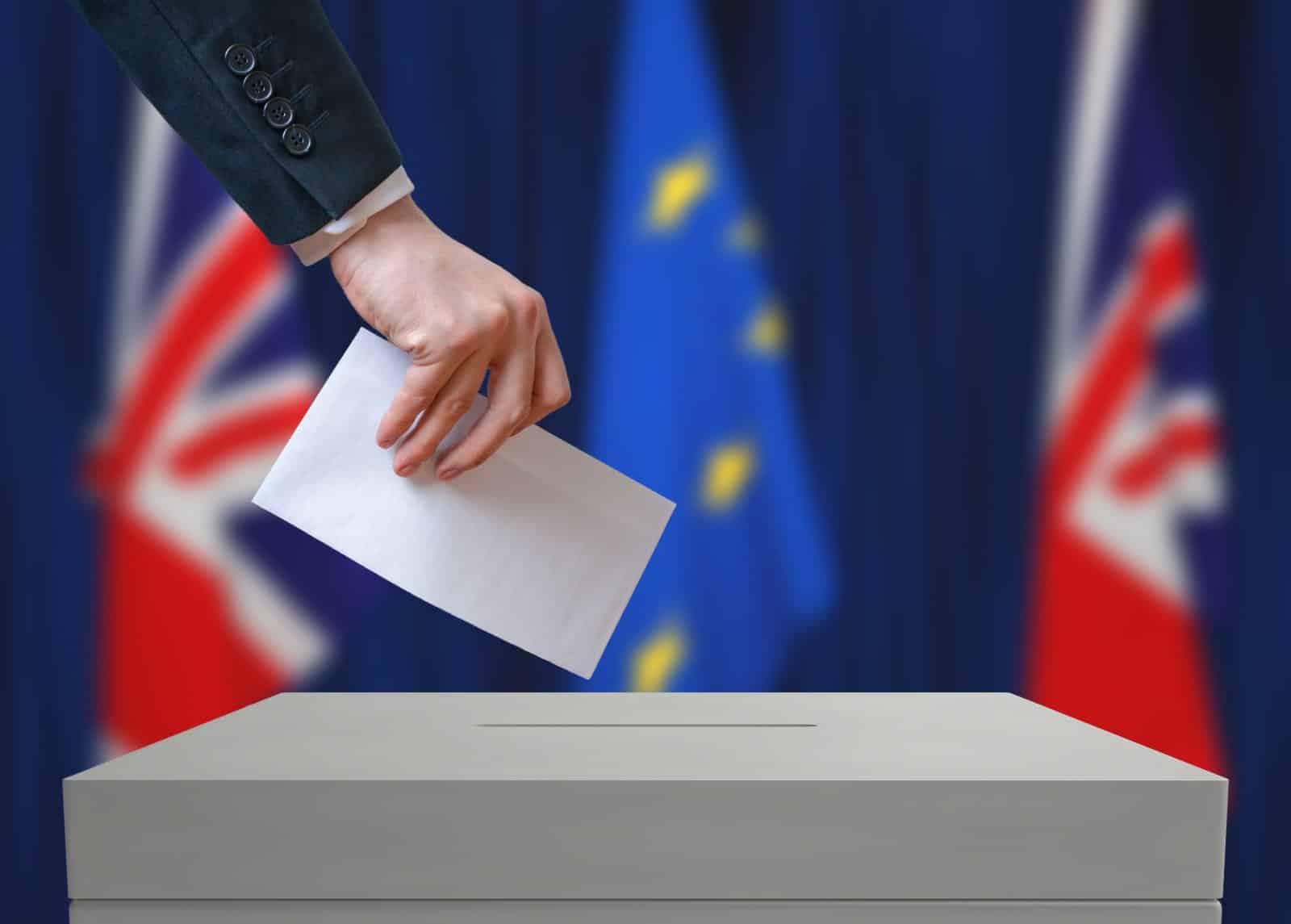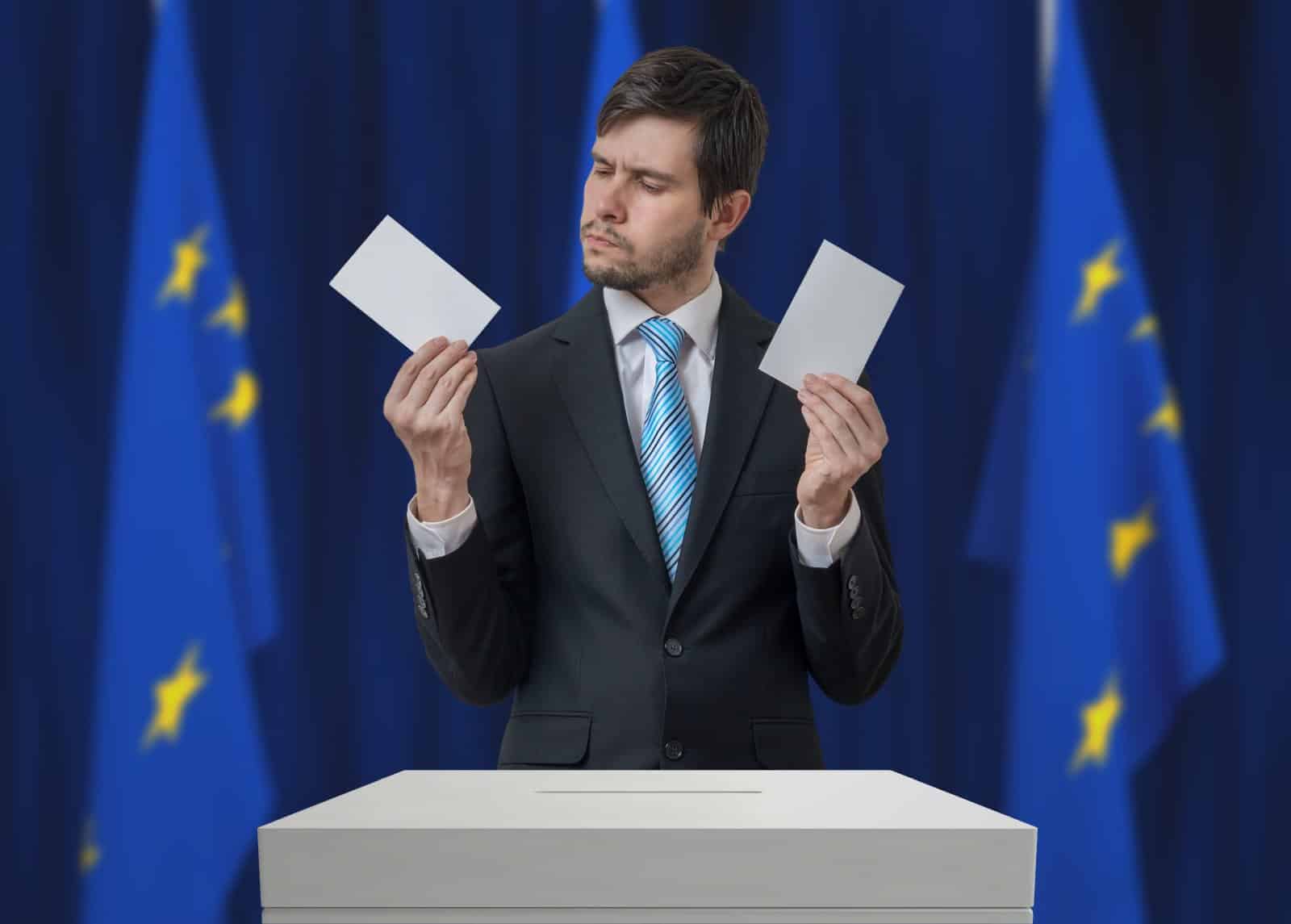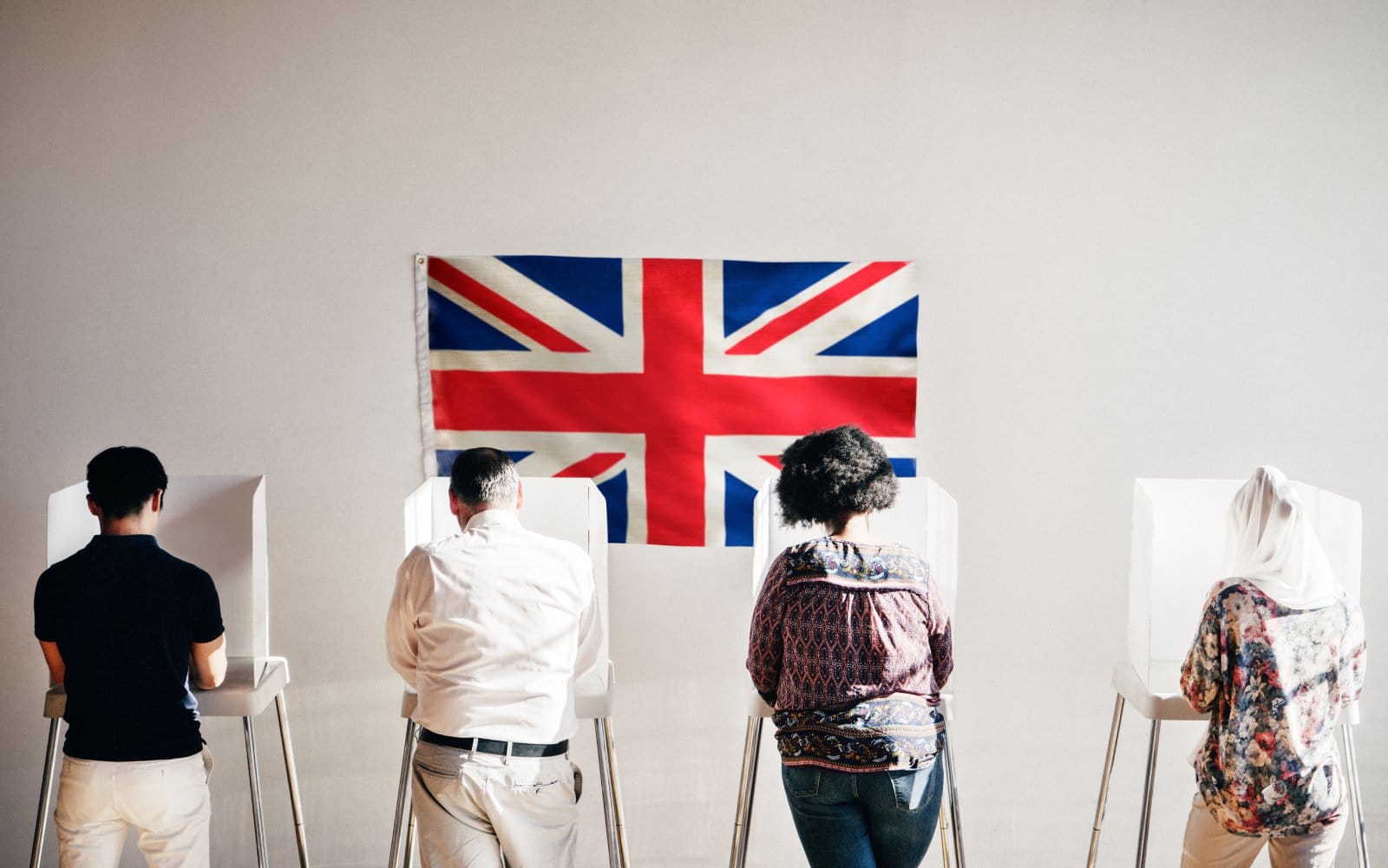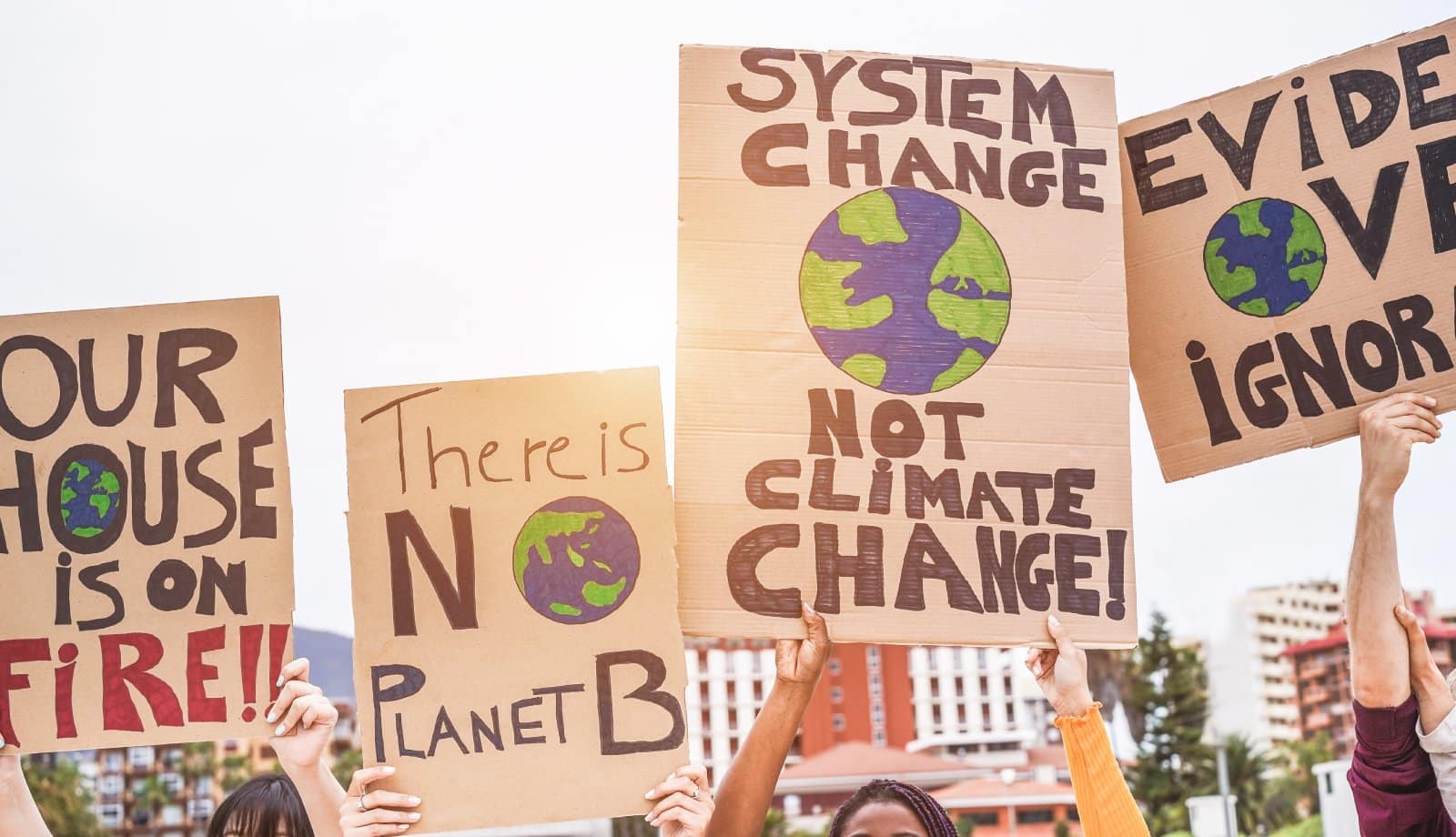Winning a general election? Nah. If you’re aiming to spectacularly fail at the polls, here’s a guide on how to torpedo your political campaign in style.
1. Ignoring Public Opinion

Failing to respond to the issues that matter most to voters is a surefire way to lose their trust and their votes.
2. Weak Leadership

Voters look for strong, decisive leaders. A perceived lack of leadership can deter potential supporters.
3. Poor Campaign Strategy

An ineffective campaign that fails to reach or resonate with voters can lead to significant electoral losses.
4. Neglecting Key Demographics

Overlooking important voter segments, such as young people or ethnic minorities, can result in a crucial loss of support.
5. Economic Mismanagement

If the party in power is seen as mishandling the economy, voters may look elsewhere for economic security.
6. Scandals and Controversies

Scandals, whether they involve corruption, personal misconduct, or policy failures, significantly damage a party’s public image.
7. Failing to Modernise

Not keeping up with societal changes or technological advancements can make a party seem out of touch.
8. Inconsistent Messaging

Sending mixed messages to voters can create confusion and mistrust towards the party’s agenda.
9. Alienating the Base

Moving too far from core ideologies can alienate loyal voters without necessarily gaining new ones.
10. Underestimating Opponents

Complacency or underestimating the capabilities and appeal of opposing parties can lead to unexpected losses.
11. Ignoring Local Issues

National parties that fail to address local concerns can struggle to gain support in key constituencies.
12. Splitting the Vote

Internal divisions or splinter groups within a party can split the vote and benefit opponents.
13. Poor Media Relations

A hostile relationship with the media can limit a party’s ability to communicate effectively with the electorate.
14. Overpromising and Underdelivering

Making promises that are too ambitious or that go unfulfilled can erode trust and credibility.
15. Ineffective Use of Social Media

Failing to effectively engage with voters on social media platforms can put a party at a significant disadvantage.
16. Not Debating Effectively

Poor performances in debates or failing to participate in them can negatively impact public perception.
17. Ignoring Rural or Remote Areas

Focusing too heavily on urban areas at the expense of rural or remote regions can cost valuable votes.
18. Overreliance on Data

While data-driven campaigning is crucial, overreliance can lead to generic strategies that fail to connect with voters on a personal level.
19. Neglecting Party Unity

Visible infighting or lack of unity can make a party appear unstable and unattractive to voters.
20. Misreading the Political Climate

Failing to adapt to the current political climate or misreading what voters want can lead to strategic errors.
21. Complacency in Strongholds

Taking “safe” seats for granted and not campaigning vigorously can lead to shock losses in traditionally secure areas.
How Not to Win Friends and Influence People

If you follow this guide, not only will you lose an election, but you’ll also gain a reputation as a political visionary—foreseeing your own defeat. Remember, it takes real skill to snatch defeat from the jaws of victory. Ready to get started?
The post Election Defeat 101: A Politician’s Manual to Ensuring Election Day Disaster first appeared on Lists Lovers.
Featured Image Credit: Shutterstock / Loredana Sangiuliano.
For transparency, this content was partly developed with AI assistance and carefully curated by an experienced editor to be informative and ensure accuracy.

